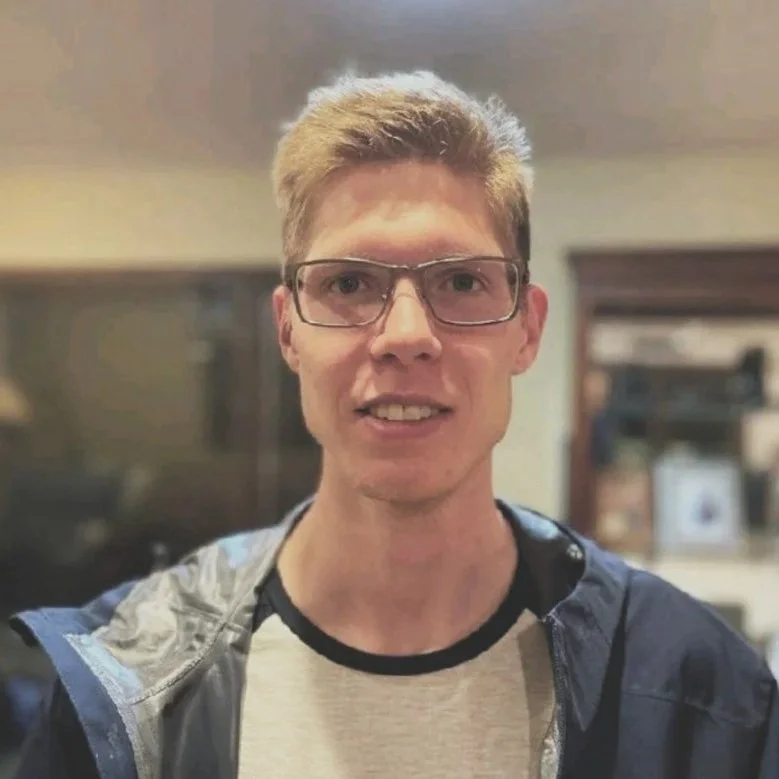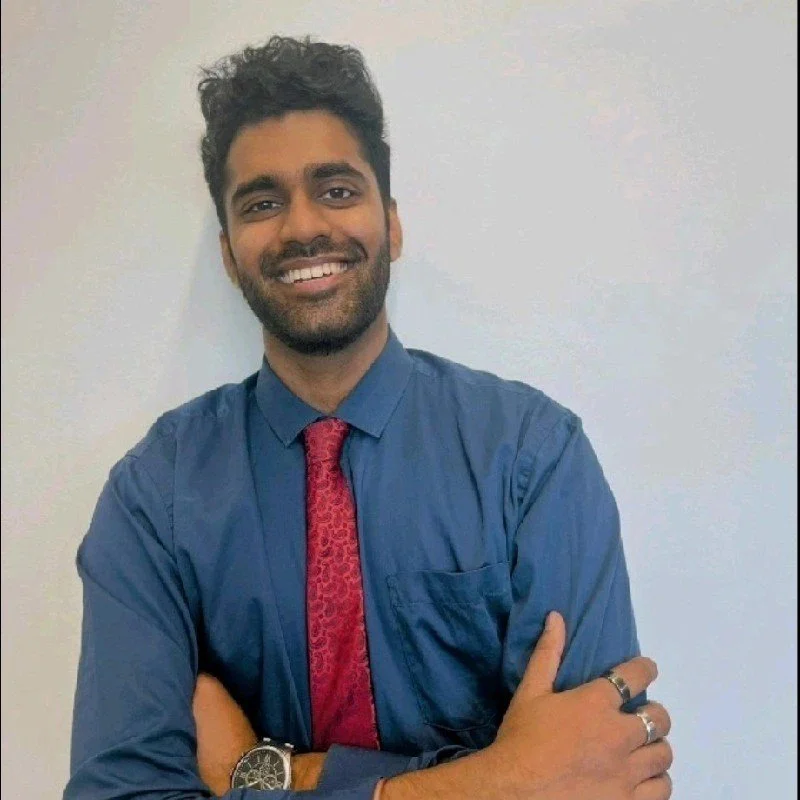Lab Members
Principal Investigator
Dr. M. Denise Dearing
Distinguished Professor of Biology
Division Director, National Science Foundation
Education: Ph.D. Biology, University of Utah, 1995
M.S. Biology, University of Vermont, 1988
B.S. Biology, Eastern Connecticut State University, 1985
Contact: denise.dearing[at]utah.edu
Postdocs
Dr. Dylan M. Klure
Hometown: Highland, CA
Education: Ph.D. Biology, University of Utah, 2023 B.A. Biology, University of Redlands, 2018
Contact: dylan.klure [at] utah [dot] edu
I joined the Dearing lab in 2018 to study how mammalian herbivores are able to exploit toxic plants as a food resource. I defended my Ph.D. in May 2023 and as part of my dissertation, I identified multiple genetic factors that enable woodrats to feed on toxic creosote bush including the identification of several large-scale expansions of detoxification enzyme gene families. Now as a postdoc I am leading additional comparative genomic studies on woodrats and Utah’s invasive fox squirrel population. I am also an instructor for the School of Biological Sciences. I am proud alumnus of the NIH T32 Utah Training Program in Genetics. In my free time I enjoy camping, PC gaming, cooking and visiting the various breweries around SLC.
Graduate Students
Jack Jurmu
Hometown: Rogers, MN
Education: B.S. Biology, Bemidji State University, 2022
Contact: jack.jurmu [at] utah [dot] edu
When I was 10 years old, I identified Veterinary Medicine as my career which was the motivation for pursuing biology in undergrad. However, things took a turn when I joined the lab of Andrew Arsham using Drosophila melanogaster as a system to study gene function in novel gene duplications that regulate and maintain heterochromatin during larval development. This research experience showed me the vast swaths of unexplored territory and ignited the dormant scientific curiosity within me. I have had stints in other research labs doing biochemical and microbiological assays. I joined the Dearing lab in 2023 with the hope of broadening my research range and studying the underpinnings of toxin resistance in mammals. When I'm not in the lab I enjoy a myriad of sports including hockey, volleyball and disc golf, cooking, dog training, and anything to do with the outdoors.
Nathaniel Carlson
Hometown: Granville, OH
Education: B.S. Biology, Cornell University, 2023
Contact: nathaniel.carlson [at ]utah [dot] edu
My research career began as an undergrad when I joined the Agrawal Lab at Cornell, where I studied the behavioral and physiological adaptations that facilitate dietary specialization on toxic milkweeds by insect herbivores. This experience sparked a broader interest in the mechanisms by which herbivores specialize on toxic plants and, more generally, in the factors determining herbivore diet breadth. I joined the Dearing Lab in 2024—after a gap year spent traveling around the Western US in my van—with the goal of applying my interests in toxic specialization to the study of mammalian herbivores. When I’m not in the lab I enjoy rock climbing, hiking, cooking, and eating food that I’ve cooked.
Akshay Venkatesh
Hometown: Bengaluru, India
Education: M.S. Bioinformatics, Northeastern University, 2026 B.E. Biotechnology, R.V. College of Engineering, 2023
Contact: akshay.venkatesh[at]utah[dot]edu
I began my academic journey as an engineer, which gave me a strong foundation in applied science, and nearly every course or project I worked on felt geared toward preparing me for the workforce and industry. While this structure was valuable, I always found myself drawn to pure biology because of the complex living systems around us and the joy of discovery. Over time, that pull toward understanding why things work, not just how to build or run them, led me to embrace research. I joined the Dearing Lab in January 2026 to explore biology more deeply through bioinformatics and to learn how thoughtful research can turn into discoveries that matter. Outside the lab, I enjoy spending time outdoors and exploring new places.
Undergraduates
Sahana Balaji
Hometown: Salt Lake City, UT
Education: H.B.S. Biology, University of Utah
Contact: u0722569 [at] utah [dot] edu
I was introduced to the wonderful world of animals at nine years old while watching a slew of Nature documentaries. It was then that I decided that I wanted to be a biologist. I joined the Dearing Lab in May 2024, and it has been the most amazing and rewarding experience. I am privileged to be working with a brilliant group of people and I look forward to using the skills I have gained from their mentorship while pursuing my education in biology. My favorite ways to spend my free time are playing the violin, gardening, and generally being outside with friends. My favorite hobbies are embroidering, traveling, reading, paddle boarding, and climbing.
Amber Lovitt
Hometown: Nyssa, OR
Education: H.B.S. Biology, University of Utah
Contact: U1469097@utah.edu
My journey in biology started after a biology and physics course in high school showed me how incredible the human body can be. Since then, I've pursued biology, finding a love for microbiology, anthropology, and ecology. I joined the Dearing Lab in the January 2025, and it has been incredible to work with such a diverse team. I'm extremely excited for what I will be able to learn from both the research and my peers while pursuing my degree in biology. My favorite places to be are at home with my family's hobby ranch taking care of our cattle, pigs, and sheep. I also love outdoor adventures and long road trips. Some of my hobbies include playing the cello, sewing, drawing, dancing, and fishing.
Mascot
Pickles (in memoriam)
Hometown: Castle Valley, UT
Dates lived: 10 Sept 2014 – 28 Nov 2020
Born in captivity as an only child, our white-throated woodrat (Neotoma albigula) was destined to become a spoiled lab mascot. He’s based in glory since modeling for professional photographer Joel Sartore (above image is an example), who showcased pickles, along with many other charismatic animals, in the cover story of National Geographic’s April 2016 issue, “Every Last One.” Pickles thrived on consistent treats of snap peas, blueberries, and carrots after each peaceful daytime slumber. RIP Pickles!
Recent Lab Alumni and Current Position
Dr. Maggie Doolin - Graduate student 2018–2023, Postdoctoral fellow 2023–2024 | NSF Postdoctoral Fellow, UMass Boston
Dr. Franziska Beran - Visiting Humboldt Research Fellow 2023–2024 | Group Leader, Thaer Institute of Agricultural and Horticultural Sciences
Noah Armstrong - Undergraduate researcher 2022–2024 | Graduate student, Immunology program at University of Utah Medical School
Dr. Robert Greenhalgh - Postdoctoral fellow 2019–2024 | Senior Computation Research Scientist, St. Jude’s Hospital
Anastasia Varela - Undergraduate researcher 2023 | Undergraduate student, University of Utah College of Nursing
Markell Kolendrianos - MCEB Graduate Rotation Student 2023 | Graduate student, Jorgensen Lab, University of Utah
Dr. Tess Stapleton - Graduate Student 2016–2022 | Scientist II R&D Genomics MPS, ARUP Laboratories
Dr. Sara B. Weinstein – Postdoctoral fellow 2017–2022 | Asst. Professor of Biology, Utah State University
Benjamin Cragun – Post-baccalaureate student 2021–2022 | Graduate student, University of Alaska, Fairbanks
Hannah Doherty – Undergraduate Researcher 2021–2022 | Undergraduate student, University of Utah College of Science
Zahra Khan – Undergraduate Researcher 2018–2020 | Graduate student, NC State College of Veterinary Medicine
Cameron Kohlschein – Undergraduate Researcher 2018–2020 – Graduate student, Ohio State University College of Veterinary Medicine
Madeleine Nelson – Undergraduate Researcher 2017–2018; Lab Manager 2018-2019 | Open Space Supervisor, Basin Recreation UT
Whitney Kenner – Undergraduate Researcher 2018–2019 | BioFire Diagnostics
Dr. Teri J. Orr – Postdoctoral fellow 2015–2019 | Asst. Professor, New Mexico State University
Granger Cocke – Undergraduate Researcher 2018 - 2019
Sydney Stephens – Undergraduate Researcher 2016–2018 | Biofire Diagnostics
Dr. Rodolfo Martinez-Mota – Postdoctoral Fellow 2016–2019 | Researcher, Universidad Veracruzana, Mexico
Dr. Patrice Kurnath – Graduate Student 2011–2016 | Assoc. Professor of Biology, Colorado Mesa University
Dr. Kelly Oakeson – Postdoctoral Fellow 2014–2016 – Bioinformatician, The Utah Public Health Laboratory
Dr. Johanna Varner – Graduate Student 2010–2015 | Assoc. Professor of Biology, Colorado Mesa University
Dr. Katharina Schramm – Postdoctoral Fellow 2013–2015 | Scientist, ARUP Laboratories
Dr. Aaron Miller – Postdoctoral Fellow 2012–2015 | Research Asst. Professor, Cleveland Clinic
Dr. Kevin Kohl – Graduate Student 2009–2014 | Assoc. Professor of Biology, University of Pittsburgh







